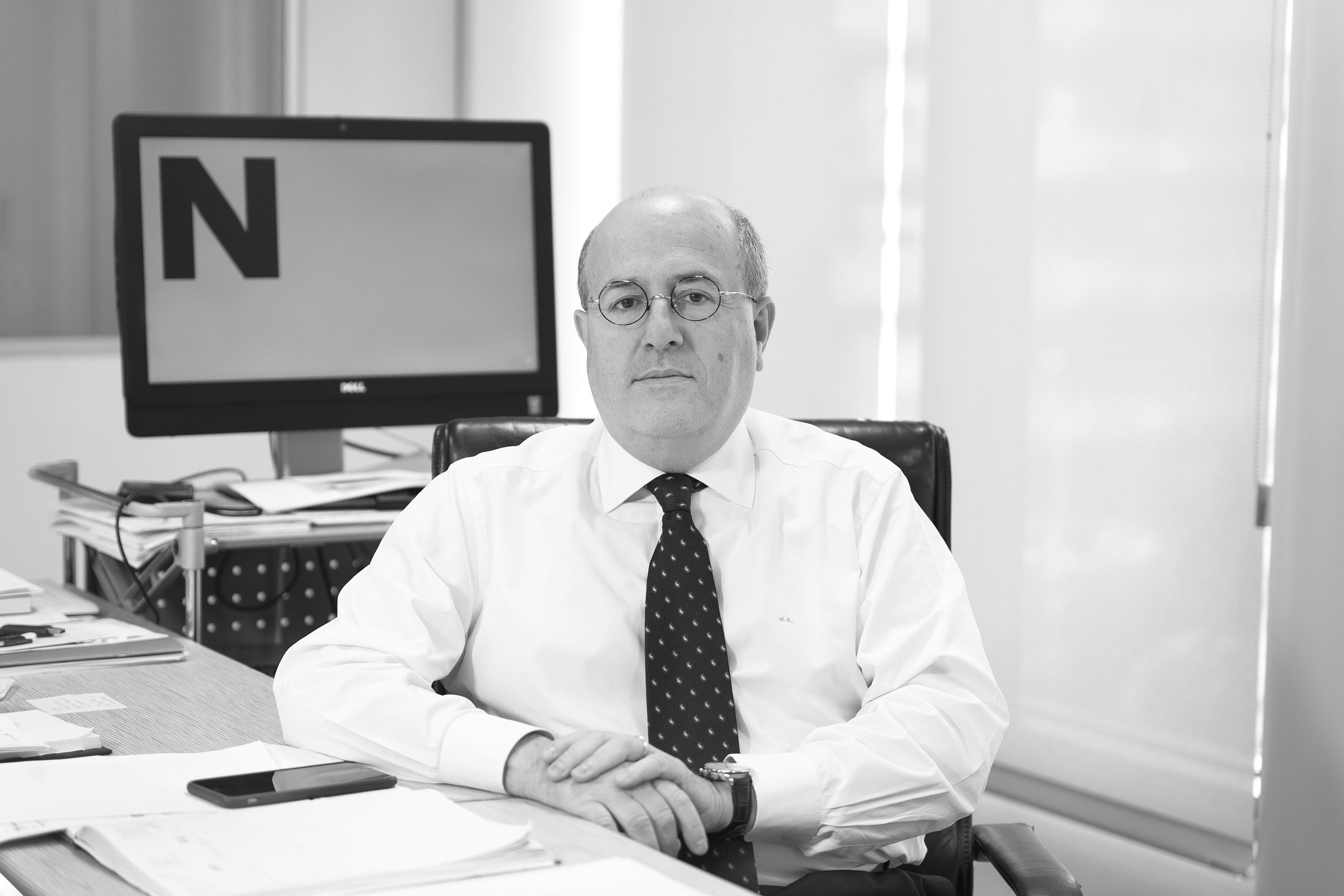In the space of just a few hours, the leader of Spain's Partido Popular, Pablo Casado, and Ciudadanos' secretary general, José Manuel Villegas, have publicly mooted reapplying article 1551 to Catalonia. In other words, the suppression of the Catalan government, of the Catalan Parliament, in short, of Catalan autonomy, and for a longer period than last time. It's obvious that it's simply, for the time being, a threat and an attempt to destabilise Pedro Sánchez's government, presenting it as a hostage of independence supporters. The question, however, we should be asking ourselves is why do both parties unavoidably need article 155 to do politics? Is it logical that their sole proposal time and again should be the suppression of Catalonia's institutions and that they should never have any other political proposal to improve Catalans' lives? It's always the same: a revival which has already lasted years of attacks against the language, against public broadcaster TV3, against the Catalan identity and its education system.
That, moreover, their proposal has come the day there was an attack in a Mossos d'Esquadra2 station in Cornellà, which is being investigated as a terrorist attack as the dead person was carrying a knife and apparently shouted "Allahu Akbar", clearly shows the scale of Cs and PP's priorities and their lack of empathy with the concerns of the Catalan people. In fact, nothing has happened for this possibility of a new 155 to be on the table, on the contrary: neither the Catalan government or Parliament has disobeyed the Constitutional Court and, in any case, what there have been are gestures of hostility between the governments and statements which can't have been to Madrid's liking.
Like in the cases of the yellow loops and the fascist attacks taking place recently against independence supporters, it all forms part of a strategy of provocation. A strategy which, in some cases, has been able to count, or at least it seems so with the lack of explanations, on the complicity of parts of the Spanish state's security forces. The president of Catalonia, his interior minister and the pro-independence groups in the Congress have already asked Spanish interior minister Fernando Grande-Marlaska for an explanation.
The competition between PP and Cs to lead the most reactionary wave of the Spanish right is to the liking of many Spanish institutions. Everything other than doing politics with Catalonia, something which sometimes seems to be Pedro Sánchez's intention. But these perceptions fade away so quickly that they can no longer be considered either real or possible options.
Translator's notes:
- Article 155 of the Spanish Constitution was the article invoked by the central government last year to fire the Catalan government, impose direct rule on Catalonia and call a parliamentary election.
- The Mossos d'Esquadra are the Catalan police force.

